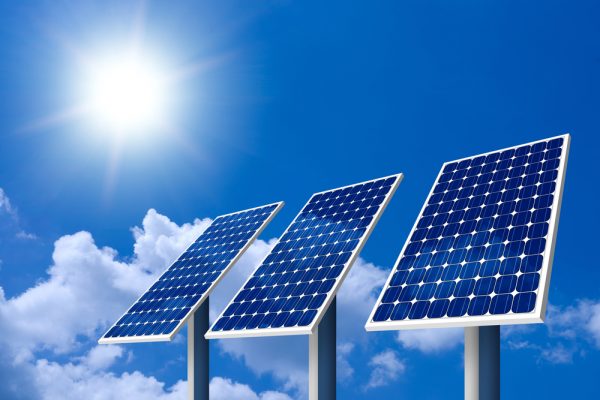The Collaborative Labeling and Appliance Standards Program (CLASP) and the Global Energy Alliance for People and Planet (GEAPP) have joined forces to expand access to clean energy appliances in emerging economies. Their initiative, the Productive Use Financing Facility (PUFF), has received a $6.1 million boost, targeting Nigeria, Kenya, and Ethiopia. PUFF aims to tackle the significant hurdle of high appliance costs that prevent many businesses and households from participating in the clean energy transition. This expansion will facilitate the distribution of 10,000 modern, energy-efficient appliances, including solar-powered refrigerators, water pumps, milling machines, and agricultural equipment, empowering individuals and communities to embrace sustainable technologies and unlock economic opportunities.
PUFF’s innovative approach combines grants, subsidies, and technical assistance to suppliers and distributors, effectively lowering appliance prices and making them more accessible. The goal is to empower small businesses, farmers, and low-income communities by enabling them to afford these essential tools. This, in turn, stimulates enterprise growth and fosters the creation of green jobs, contributing to a more sustainable and inclusive economy. The program’s focus extends beyond mere access to energy, emphasizing the transformative potential of efficient appliances to convert energy into tangible economic opportunities. By supporting the adoption of these technologies, PUFF is building a foundation for economic development and improved livelihoods.
The recent announcement in Cape Town builds upon the success of a two-year pilot program that spanned six emerging markets and developing economies. The pilot phase demonstrated the effectiveness of PUFF’s model, bringing 16,000 appliances to market, strengthening local supply chains, and reaching over 58,000 households. The positive impact on communities is underscored by the significant increase in average income reported by households where women purchased appliances, highlighting the program’s role in empowering women and promoting economic advancement. This initial success paved the way for the current expansion, which promises to amplify the positive impacts observed in the pilot phase.
PUFF 2.0 is poised to catalyze significant economic and social benefits. Projections indicate that the program will create over 3,000 green jobs and further stimulate demand for clean energy-powered appliances by reducing acquisition costs. The program also prioritizes outreach to women and youth, recognizing their crucial role in driving economic growth and community development. The pilot phase saw women accounting for nearly half of all appliance buyers, and households where women made purchases experienced a remarkable 94% increase in average income. This emphasizes the potential of PUFF to empower women economically and improve household well-being.
A compelling example of PUFF’s impact is the story of Abibat Akinwale, a Nigerian shopkeeper who was able to purchase a solar-powered refrigerator through the program. Previously reliant on purchasing ice blocks, which was costly and unreliable, Abibat now has a sustainable and efficient way to keep her products cold. The solar refrigerator has not only eliminated the expense and inconvenience of ice, but it has also significantly boosted her sales, enabling her business to thrive. This illustrates how access to clean energy appliances can transform livelihoods and empower individuals to build more prosperous futures.
Despite the progress made in expanding electrification efforts, many clean energy appliances remain financially out of reach for low-income users. PUFF directly addresses this affordability challenge by supporting businesses in offering products at more favorable prices. This approach not only benefits individual consumers but also strengthens local markets for clean energy technologies, fostering a self-sustaining ecosystem for sustainable development. By removing the financial barriers to adoption, PUFF is accelerating the transition to a cleaner, more equitable energy future. The program’s success highlights the importance of targeted financial interventions in bridging the affordability gap and ensuring that the benefits of clean energy reach those who need them most. This approach enables energy access to translate into tangible economic opportunities, fostering job creation, enterprise growth, and improved quality of life for communities in developing economies.














